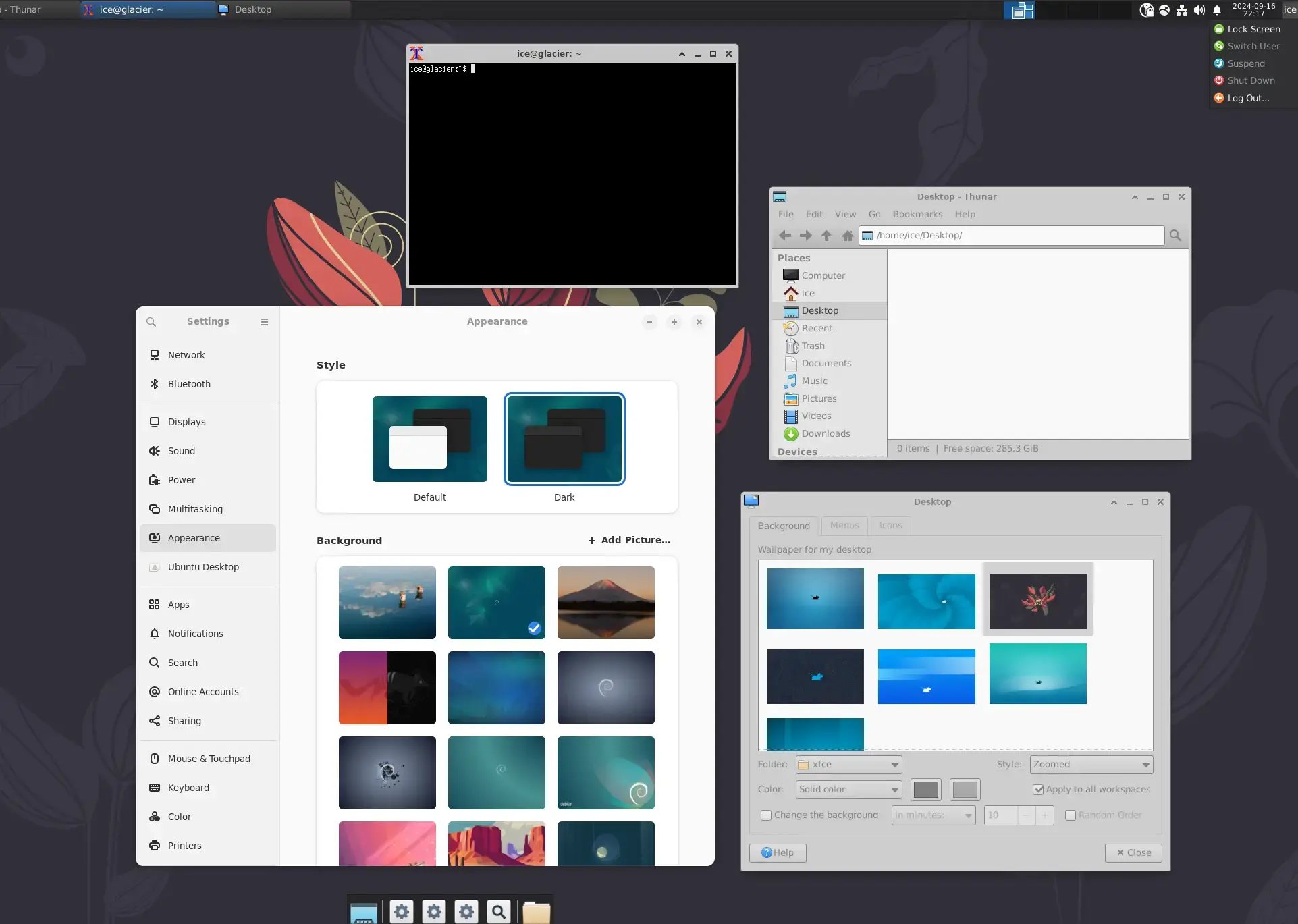this post was submitted on 17 Sep 2024
91 points (96.0% liked)
Linux
48144 readers
717 users here now
From Wikipedia, the free encyclopedia
Linux is a family of open source Unix-like operating systems based on the Linux kernel, an operating system kernel first released on September 17, 1991 by Linus Torvalds. Linux is typically packaged in a Linux distribution (or distro for short).
Distributions include the Linux kernel and supporting system software and libraries, many of which are provided by the GNU Project. Many Linux distributions use the word "Linux" in their name, but the Free Software Foundation uses the name GNU/Linux to emphasize the importance of GNU software, causing some controversy.
Rules
- Posts must be relevant to operating systems running the Linux kernel. GNU/Linux or otherwise.
- No misinformation
- No NSFW content
- No hate speech, bigotry, etc
Related Communities
Community icon by Alpár-Etele Méder, licensed under CC BY 3.0
founded 5 years ago
MODERATORS
you are viewing a single comment's thread
view the rest of the comments
view the rest of the comments

I used Ubuntu from version 8.04 to 18.04 and not once did I have a successful upgrade between major versions. There is always something that gets broken to the point that a reinstall is necessary.
well, I managed to upgrade from 16.04 to 22.04 without any major issues
14.04 to 22.04 so far
Oh, so it's not just me either. It's one of the reasons I'll never install Ubuntu.
Me too.
And there was me thinking that was a mint problem...but it's never broken nearly badly enough to force a reinstall. It's just weird not being able to do a full upgrade unless you temporarily uninstall some packages.
I didn't have an issue like this going from bionic beaver to focal fossa, but I don't think my setup was as complicated before. Do other distros have this problem? Mint? Debian? (Does Debian ever update?)